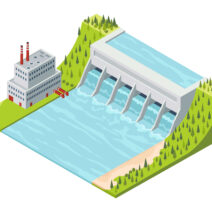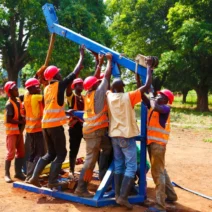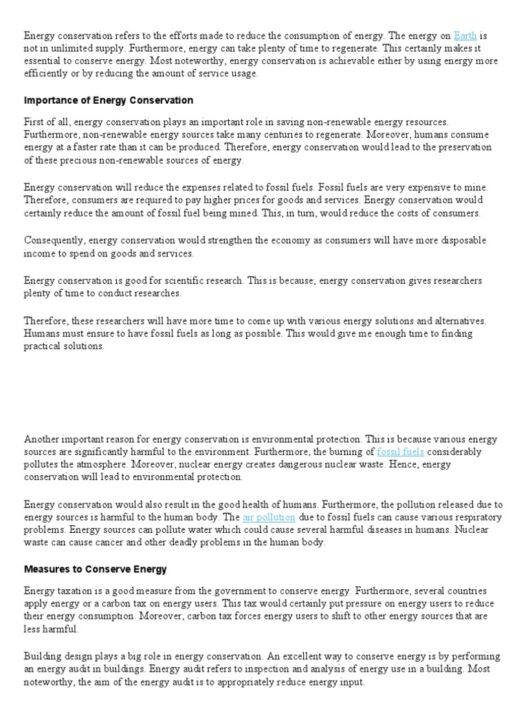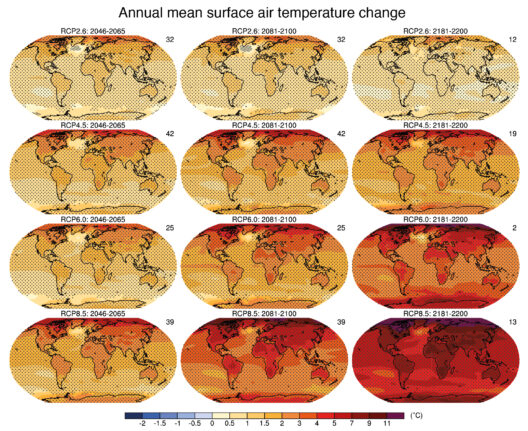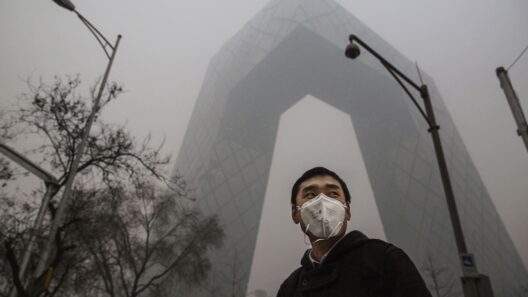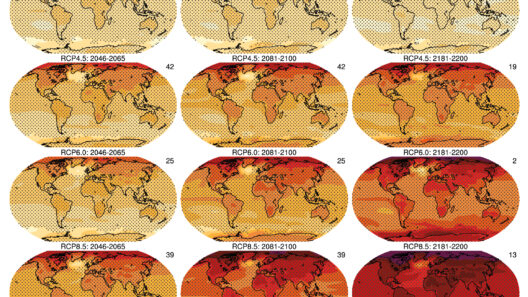In a state renowned for its sun-soaked beaches and verdant landscapes, a curious yet disconcerting question emerges: Can you say “climate change” in Florida? For many residents and officials, this inquiry delves into the complex interplay between environmental reality and political rhetoric. It transcends a mere verbal expression; it encapsulates the prevailing attitudes and governance strategies that are increasingly earmarked by a conspicuous silence.
Florida is often in the global spotlight for its vulnerability to climate change. The state’s geography, characterized by low-lying coastal areas, makes it particularly susceptible to rising sea levels, intensified hurricanes, and unpredictable weather patterns. The findings from scientists and environmentalists are no longer just projections; they are veritable truths unfolding before our eyes. Yet, the reaction from political leaders remains strikingly muted, if not outright dismissive. This dichotomy raises an essential question: Why is the discourse surrounding climate change so notably hushed in a state at the frontline of its consequences?
The political dynamics in Florida reveal a complex web of interests that often contradict the urgent call for climate action. Take, for instance, the economic implications tied to tourism and agriculture—two industries with significant political sway. Florida’s economy thrives on its appeal as a vacation hotspot, drawing millions of tourists annually. Promoting a narrative that highlights impending climate threats may jeopardize this economic engine, leading to apprehension among the stakeholders. In this milieu, acknowledging climate change becomes a contentious act, fraught with the potential to alienate constituents and damage business interests.
Moreover, partisan divisions intricately shape the perception and discussion of climate change in Florida. The political landscape is predominantly conservative, with many officials subscribing to a worldview that dismisses, downplays, or outright refutes the impact of human-induced climate change. This ideological resistance often translates into policies—or the lack thereof—that evade robust climate discourse. It raises an intriguing challenge: Can a state so profoundly affected by climate change maintain such a staunch stance of denial? This juxtaposition portrays a state grappling with an environmental emergency while simultaneously tethered to antiquated beliefs.
In this climate of silence, the act of deliberately refraining from mentioning climate change adopts a performative quality. It suggests that there exists an unspoken agreement among some political leaders to omit the issue from public discourse, perhaps out of fear of backlash or a belief in fostering an optimistic narrative. However, this strategy can only endure for so long as realities inexorably intrude upon this staged narrative. Increased flooding, more severe storms, and ecological degradation become undeniable facts that demand attention. Ignoring them does not expunge their existence but rather amplifies the disconnect between political decisions and scientific imperatives.
The social consequences of this political reticence are deeply troubling. Citizens, particularly young people, witness this dissonance and often find their concerns unheard or disregarded. This phenomenon potentially engenders disenchantment and apathy regarding environmental issues, compounding the difficulties of galvanizing grassroots movements. The question arises: How does a culture evolve in a state where dialogue about existential threats is systematically suppressed? Surely, the answer lies not only in activism but also in challenging the status quo of political silence.
Grassroots organizations actively seek to counter this silence through communal education and advocacy. They fight against the tide of indifference by fostering awareness and engaging citizens in conversations about climate realities. These efforts serve a dual purpose: to inform the public and to challenge officials to reckon with their responsibility. Such initiatives underline the necessity of an inclusive dialogue that transcends partisan boundaries and invites diverse voices to participate in shaping a sustainable future for Florida.
Ultimately, the challenge of speaking about climate change in Florida extends beyond mere language; it embodies a broader struggle for both recognition and action. As sea levels rise and hurricane season intensifies, the imperative to articulate these concerns becomes increasingly urgent. Citizens deserve to have their apprehensions about climate change addressed with candor and commitment. Political leaders must shed their reticence, transforming the silence into a clarion call for action.
The question remains pivotal—can you say “climate change” in Florida? Yes, but it necessitates a collective commitment to dissemination, dialogue, and ultimately, decision-making that respects the gravity of the situation. No longer can silence be an acceptable response to an emergency palpable in every storm swell and flooding street. The discourse must evolve, capturing both the immediacy of the crisis and the hope for a sustainable, resilient future. Engaging in this dialogue is not merely preferable; it is essential for the very survival of Florida’s idyllic shores and vibrant ecosystems.
